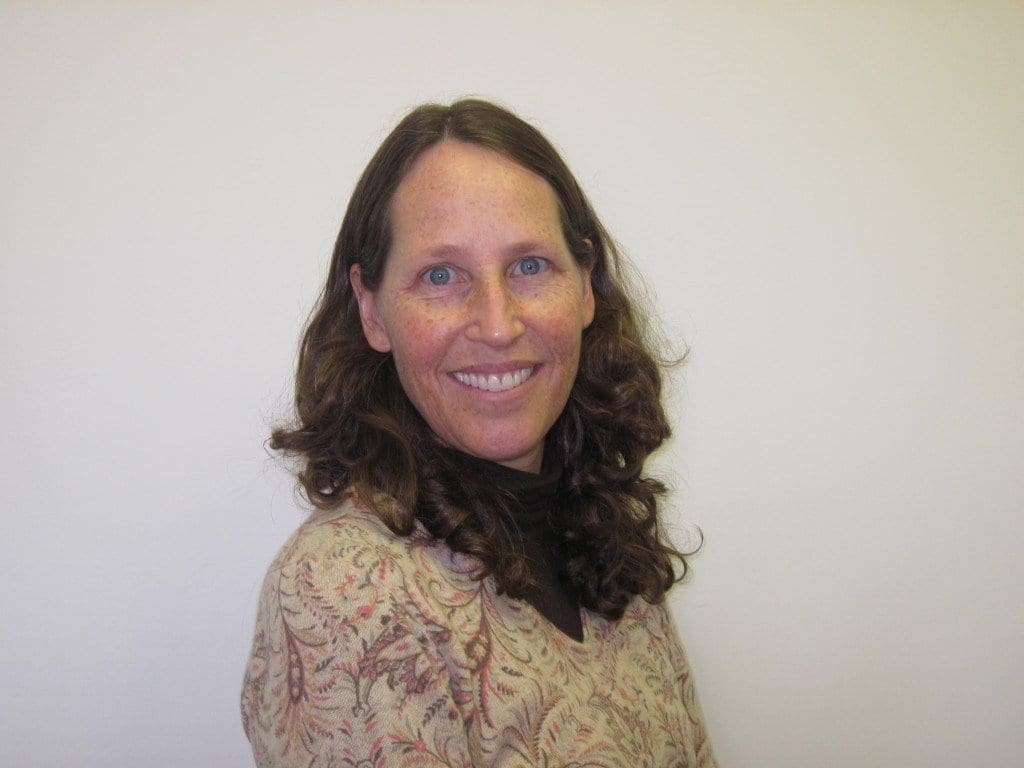Breastfeeding is about health; formula is about profits
- Superior nutrition. Mother’s milk is the gold standard for infant feeding, providing superior nutritional benefits that cannot be matched by a manufactured product. (There are medical and personal reasons why formula may be warranted as a substitute, but women who want to breastfeed should have equitable workplace policies, lactation support and adequate parental leave.)
- Recommended by medical experts. Breastfeeding is universally recommended by doctors and health experts. The World Health Organization and the American Academy of Pediatrics recommend “exclusive” breastfeeding for the first six months, followed by continued breastfeeding through the first year as solid foods are introduced.
- Supports infant survival. Breastfeeding is associated with a 38 percent reduction in sudden infant death syndrome. Worldwide, mother’s milk provides the nutrition critical to survival where food is scarce and malnutrition is prevalent. According to WHO, over 820,000 child lives could be saved annually if all infants were breastfed.
- Improved infant health and lifelong benefits. Breastfed infants gain unique antibodies and immunities from their mothers which are not present in manufactured formula, resulting in reduced asthma, allergies and common childhood diseases. Breastfeeding also provides lifelong benefits for baby, including reduced obesity and diabetes.
- Good for the mother. Breastfeeding offers significant health benefits for the mother as well, including more rapid recovery from pregnancy, and decreased postpartum depression, Type 2 diabetes, arthritis, hypertension, ovarian and breast cancer. According to research published in Lancet, 22,000 deaths from breast cancer could be prevented worldwide annually with increased breastfeeding.
- Health risks with formula. The U.S. Surgeon General’s “Call to Action to Support Breastfeeding” (2011) cites the health risks associated with formula feeding and early weaning from breastfeeding — including a 100 percent higher risk of acute ear infections.
- Reduced hospitalizations. For infants who are breastfed more than four months, the risk of hospitalization for lower respiratory tract infections is reduced by 72 percent.
- Formula is extremely expensive. Estimates for buying formula average about $200 per month, or $2,400 per year. For most families, buying formula will challenge the budget; for low-income families, the costs can be devastating.
- Breastfeeding is environmentally friendly. Mother’s milk requires no glass, plastic or silicone for bottles, no packaging, no electricity for heating water or sterilizing bottles, and no energy for manufacturing the product or transporting it to retail centers.
- Breastfeeding is portable and available on-demand. During last year’s North Bay firestorms, mothers relying on packaged formula were desperate to feed their babies; those who evacuated suddenly left home without formula, bottles or water. Breastfed babies, however, could receive nourishment immediately and anywhere.
As leaders dedicated to early childhood health, we wholeheartedly support the World Health Assembly’s resolution urging governments to “protect, promote and support breastfeeding.” It is astonishing that anyone could argue otherwise, much less our own government.
Breastfeeding has become political because there is a manufactured substitute that makes profits for corporate interests. The $70 billion baby food industry only stands to gain from families who get convinced to purchase a manufactured product rather than rely on mother’s milk — and babies only stand to lose.
The theme for World Breastfeeding Week 2018 is, “Breastfeeding: The Foundation of Life.” The website created by the World Alliance for Breastfeeding Action says, “In a world filled with inequality, crises and poverty, breastfeeding is the foundation of lifelong good health for babies and mothers.”
We couldn’t have said it better.
Dr. Lisa Leavitt is a pediatrician with Marin Community Clinics; Amy Reisch is executive director of First 5 Marin Children and Families Commission; Sandra Rosenblum is director of Maternal, Child and Adolescent Health for Marin County Health and Human Services and coordinator of the Marin Breastfeeding Coalition; and Dr. Matt Willis is the Marin County public health officer.
Marin Independent Journal OP ED: https://www.marinij.com/2018/08/01/marin-voice-breastfeeding-is-about-health-formula-is-about-profits/

